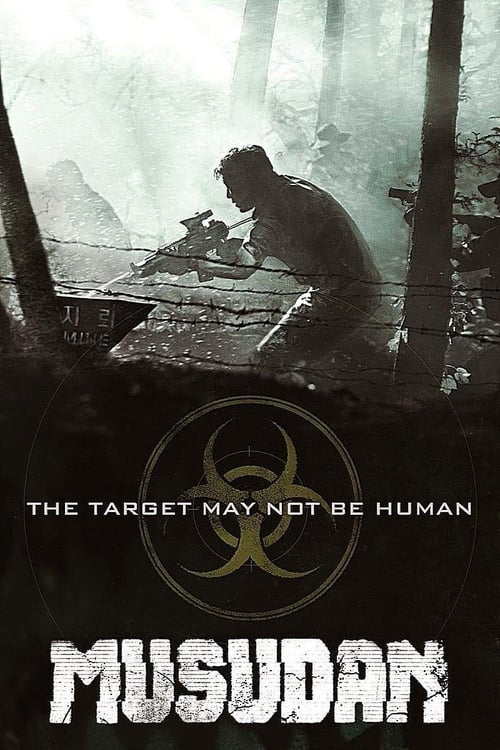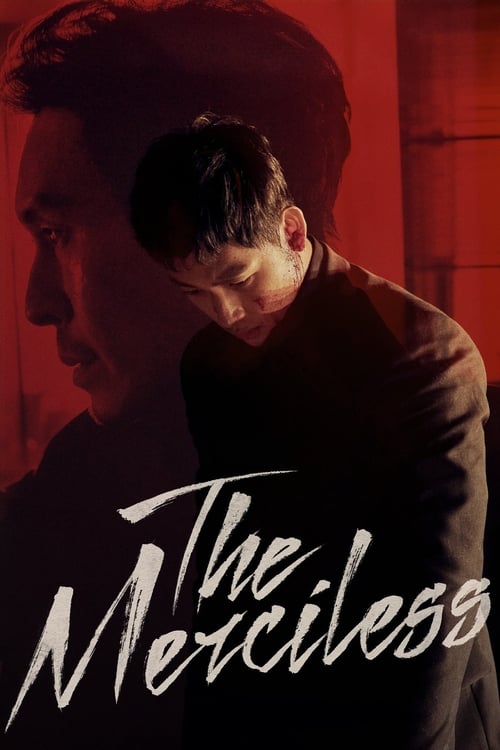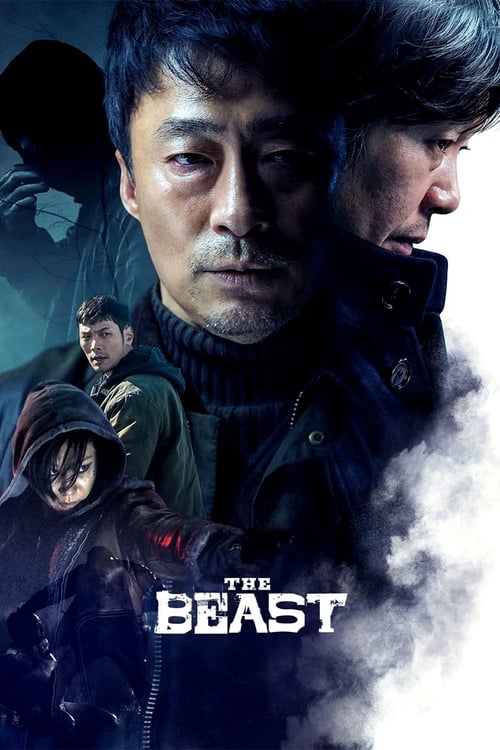
Ask Your Own Question
What is the plot?
What is the ending?
In the ending of "Musudan," the film culminates in a tense standoff as the characters confront their fates amidst the backdrop of political tension and personal sacrifice. The main characters face the consequences of their actions, leading to a resolution that highlights the themes of loyalty, betrayal, and the heavy toll of conflict.
As the film progresses towards its conclusion, the atmosphere is thick with tension. The protagonist, a North Korean soldier named Kim, finds himself grappling with his loyalty to his country and the moral implications of his orders. He is torn between his duty and his growing disillusionment with the regime. In a pivotal scene, Kim is ordered to carry out a mission that could have devastating consequences for innocent lives. The weight of this decision hangs heavily on him, and the internal conflict is palpable as he wrestles with the implications of his actions.
Meanwhile, his love interest, a woman named Soo, is caught in the crossfire of the political turmoil. She represents hope and humanity amidst the chaos, and her fate becomes intertwined with Kim's choices. As the climax approaches, Soo's safety is jeopardized, and Kim must make a choice that will determine not only their future but also the lives of many others.
In the final moments, Kim decides to defy his orders, choosing to protect Soo and the innocent people affected by the impending attack. This act of rebellion is fraught with danger, and the tension escalates as he confronts his superiors. The confrontation is intense, filled with emotional stakes as Kim stands firm in his beliefs, risking everything for love and humanity.
The film concludes with a dramatic standoff, where Kim's actions lead to a confrontation with the military. The resolution is bittersweet; while Kim's defiance may cost him his life, it also serves as a powerful statement against the oppressive regime. Soo, witnessing Kim's bravery, is left with a sense of hope despite the grim circumstances.
In the end, Kim's fate is sealed as he faces the consequences of his rebellion, while Soo is left to carry on his legacy, embodying the hope for a better future. The film closes on a poignant note, emphasizing the personal sacrifices made in the name of love and the struggle for freedom amidst a backdrop of political strife.
Is there a post-credit scene?
What is the significance of the character Kim Jong-un in the film Musudan?
In 'Musudan', Kim Jong-un is portrayed as a pivotal character whose decisions and actions drive the narrative forward. His character embodies the tension and paranoia of the North Korean regime, showcasing his internal struggles with power and the expectations placed upon him. The film delves into his motivations, revealing a complex figure torn between loyalty to his country and the burden of leadership.
How does the character of the North Korean soldier evolve throughout the film?
The North Korean soldier in 'Musudan' begins as a staunch believer in the regime, displaying unwavering loyalty and a sense of duty. As the plot unfolds, he faces moral dilemmas that challenge his beliefs, leading to moments of doubt and introspection. His evolution is marked by a growing awareness of the human cost of the regime's ambitions, culminating in a poignant internal conflict that highlights the personal toll of political ideologies.
What role does the missile launch play in the development of the plot?
The missile launch in 'Musudan' serves as a critical turning point in the story, symbolizing the North Korean regime's ambitions and the international tensions surrounding it. The launch is depicted with high stakes, showcasing the military's preparations and the psychological pressure on the characters involved. This event catalyzes a series of reactions among the characters, revealing their fears, aspirations, and the consequences of their actions, ultimately shaping the narrative's trajectory.
How does the film portray the relationship between the military and the government?
In 'Musudan', the relationship between the military and the government is depicted as one of tension and mutual dependence. The film illustrates the military's loyalty to the regime while also highlighting the power struggles that exist within. Characters in the military are shown grappling with their roles, often caught between following orders and questioning the morality of their actions, which adds depth to the political landscape of the story.
What are the key emotional moments for the character of the scientist in the film?
The scientist in 'Musudan' experiences several key emotional moments that reveal his internal conflict and moral dilemmas. Initially, he is portrayed as a dedicated professional, proud of his contributions to the missile program. However, as the implications of his work become clearer, he grapples with guilt and fear for the consequences of his inventions. His emotional journey is marked by moments of despair, particularly when faced with the human cost of his scientific achievements, leading to a profound transformation by the film's climax.
Is this family friendly?
"Musudan," produced in 2016, is a South Korean film that delves into themes of war, survival, and the emotional toll of conflict. While it presents a gripping narrative, it contains several elements that may not be suitable for children or sensitive viewers.
-
Violence and Warfare: The film features scenes of military conflict, including gunfire and explosions, which may be intense and distressing for younger audiences.
-
Death and Loss: Characters experience significant loss, and there are moments that depict the aftermath of violence, including grieving and emotional turmoil.
-
Emotional Distress: The characters undergo severe emotional struggles, including fear, despair, and trauma, which may be upsetting for sensitive viewers.
-
Realistic Portrayal of Conflict: The film does not shy away from the harsh realities of war, which can be jarring and may provoke anxiety or discomfort.
These aspects contribute to a tone that is more suited for mature audiences, making "Musudan" less family-friendly.
































